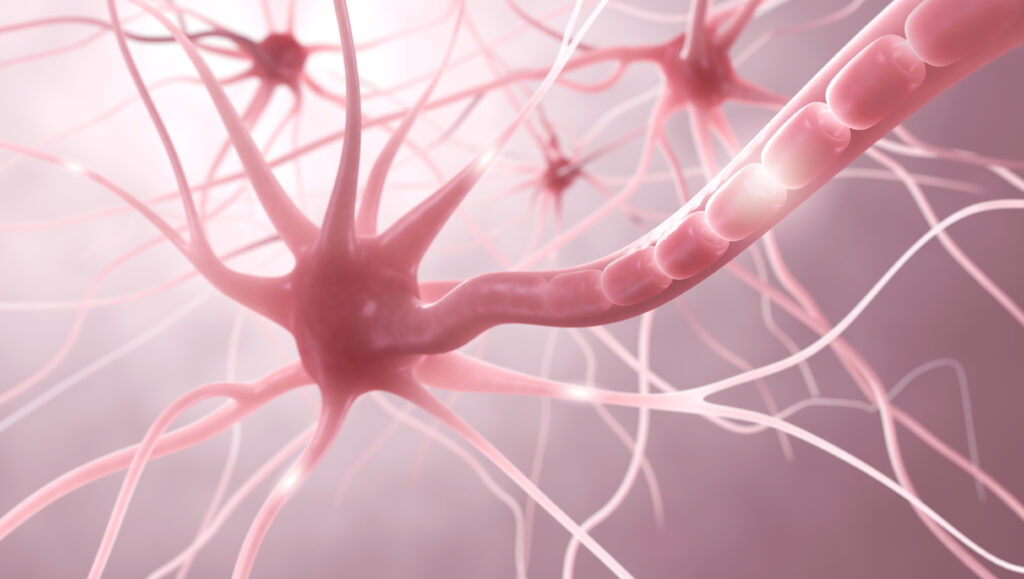Pain management, particularly long-term pain management, is a difficult problem. Opioids are effective at reducing pain, but they are addictive and carry with them the significant costs of addiction and overdose that affect not only the individual but society as well.

Recently, work presented in Science by Reeder and colleagues proposes an engineering solution to pain management: miniature, implantable devices that can deliver localized and reversible neural blocking to reduce pain. While such devices could deliver any kind of stimulus ranging from electrical to pharmacological, the researchers developed a device that temporarily blocks neural signals by cooling.
Nerve signaling relies on electrical and chemical signaling, and these chemical and electrical events are affected by temperature. Locally reducing temperature of peripheral nerves decreases conduction velocity and the amplitude of nerve signals. Locally “cooling” peripheral nerves may provide a way to block pain signals with the added advantage that it would not be addictive like opioids and would avoid undesirable side effects of other pain killers. To be successful, the cooling would have to be localized such that it does not cause damage to surrounding tissue. The ideal device would be implantable, provide on-demand pain relief, cause minimal inflammation, and could be resorbed by the surrounding tissues at the end of a defined period.
In their paper, Reeder and colleagues present designs for soft, bioresorbable nerve-cooling and temperature-sensing devices that can reversibly block pain signals in peripheral nerve signals. This device uses an evaporative cooling mechanism to temporarily block nerve signals. In experiments with rat models, they were able to demonstrate a significant cooling-induced pain killing effect.
It’s a long way from rat to human, but the possibility of managing pain using implantable cooling devices and the promise of long-term pain management without addiction or side effects is significant.
Literature Reviewed
Reeder, J.T. (2022) Soft, bioresorbable coolers for reversible conduction block of peripheral nerves. Science 377, 109–115.
Trying to stay up with the literature in your field? Check out some of our other posts covering recently published papers. Looking for resources to help you with your research, writing or career planning? Our student resource center can help!
Michele Arduengo
Latest posts by Michele Arduengo (see all)
- The Casual Catalyst: Science Conversations and Cafes - July 18, 2024
- Cancer Moonshot: Solving Tough Problems - May 28, 2024
- Automated Sampling and Detection of ToBRFV: An Emerging Tomato Virus - April 25, 2024
